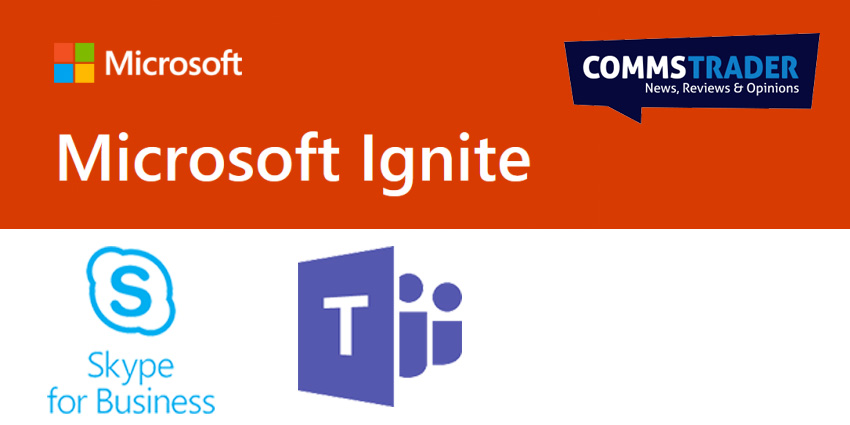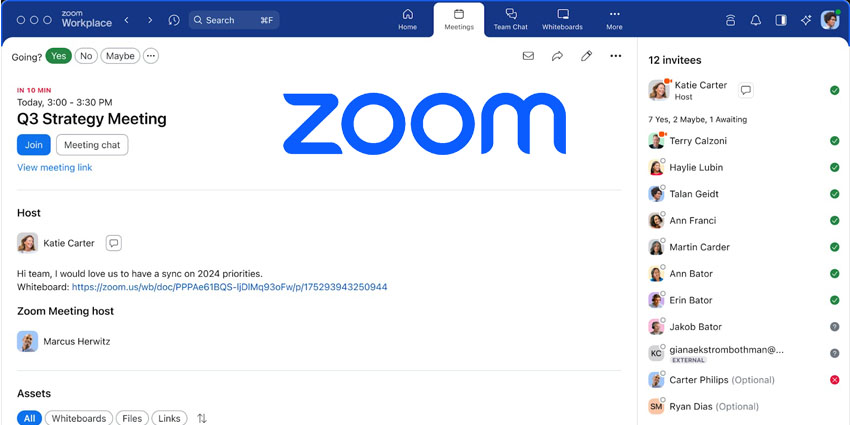This week at Microsoft Ignite in Orlando, Florida, the software giants have officially confirmed their plans to replace Skype for Business with Microsoft Teams in the near future as part of their push to create a more “intelligent communications” solution.
With recent news leaks suggesting that Microsoft Teams would indeed be evolving into much more than a collaboration workspace within Office 365, it was proposed that the service was set to become the core communications client that acts as a centralised hub for all of Office 365’s communication capabilities.
Having only been released at the start of 2017, Teams is already a huge success with many businesses using the content and instant messaging tools it provides to collaborate more effectively than ever before.
Now, following the takeover of Skype for Business, Teams will enable users to call out through VoIP to other networks, engage in video and video conference calls and utilise all of the features of Skype for Business, as well as numerous others, from one single application.
As mentioned in the video below, Microsoft recognises a new culture of work where the value of teamwork and collaboration is the key to success in modern business and the need for a solution that simplifies this process into one app instead of several is of crucial importance.
With the rise of cloud technology, the traditional methods of communicating have evolved and, as General Manager of Microsoft Teams & Skype, Lori Wright, states in her presentation, “people want to work with openness and inclusion and transparency – and they want tools that help them work in this way.”
As well as putting pressure on Slack and other competitors in the team apps market, this move also ties in with Microsoft’s plan to provide a much more refined, AI-driven, intelligent mixed-reality communication solution for the businesses of tomorrow (as demonstrated in this snippet from the keynote speech).
Having said that, it was also revealed that, though Microsoft are planning to replace Skype for Business within Teams in the near future, their plans to release a new Skype for Business server in 2018 quashes the rumour that they are doing away with it all together.
For many businesses, digital transformation (DX) is a gradual process and Microsoft’s continued support for hybrid solutions is comforting news for the large number of companies currently operating in a middle ground between the traditional world of on-premises solutions and a future world that is dominated by the cloud.
All in all, it’s nevertheless interesting to see what Microsoft has planned for the next 12 months and the conference has shown us an exciting glimpse at how businesses will continue to evolve and communicate with one another in the years to come.
Have you watched any of the Ignite presentations this week? How do you feel about the news and Microsoft’s plans for the future? If you have any opinions you’d like to share or questions you wish to ask, please feel free to share them with our other readers by submitting them to our comments section below.







